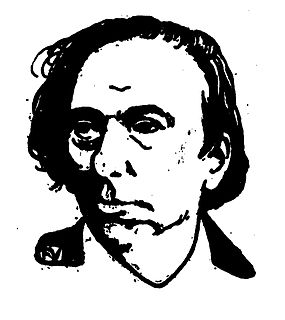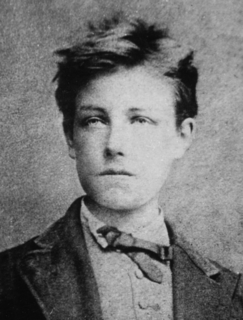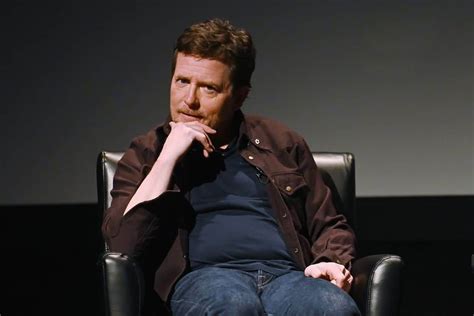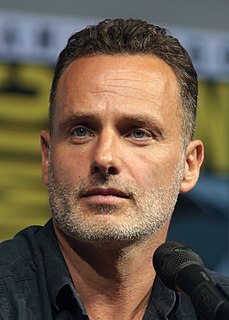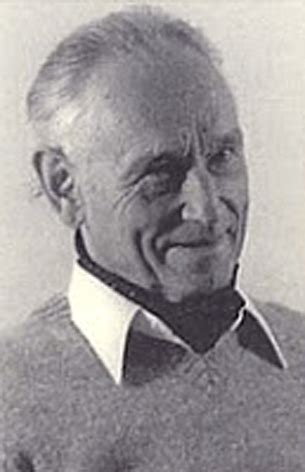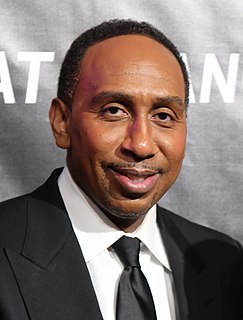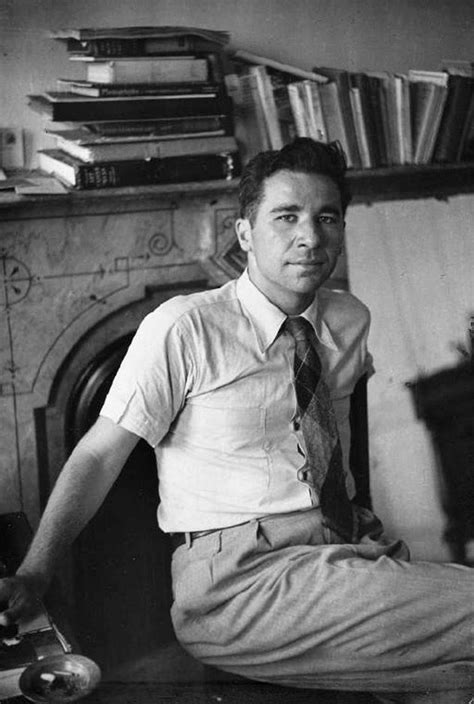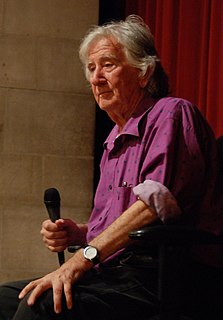Top 1200 Himself Quotes & Sayings
Explore popular Himself quotes.
Last updated on December 25, 2024.
The man who is meek is not even sensitive about himself. He is not always watching himself and his own interests. He is not always on the defensive… To be truly meek means we no longer protect ourselves, because we see there is nothing worth defending… The man who is truly meek never pities himself, he is never sorry for himself. He never talks to himself and says, “You are having a hard time, how unkind these people are not to understand you.
For the essence of sin is man substituting himself for God [Gen. 3:1-7], while the essence of salvation is God substituting himself for man [2 Cor. 5:21]. Man asserts himself against God and puts himself where only God deserves to be; God sacrifices himself for man and puts himself where only man deserves to be.
Humility collects the soul into a single point by the power of silence. A truly humble man has no desire to be known or admired by others, but wishes to plunge from himself into himself, to become nothing, as if he had never been born. When he is completely hidden to himself in himself, he is completely with God
A Christian should put away all defense and make no attempt to excuse himself either in his own eyes or before the Lord. Whoever defends himself will have himself for his defense, and he will have no other. But let him come defenseless before the Lord and he will have for his defender no less than God Himself.
Only to the extent that someone is living out this self transcendence of human existence, is he truly human or does he become his true self. He becomes so, not by concerning himself with his self's actualization, but by forgetting himself and giving himself, overlooking himself and focusing outward.
Theatre has nothing to do with buildings or other physical constructions. Theatre - or theatricality - is the capacity, this human property which allows man to observe himself in action, in activity. Man can see himself in the act of seeing, in the act of acting, in the act of feeling, the act of thinking. Feel himself feeling, think himself thinking.
How does one chip off the marble that doesn't belong? ... That comes about through five things: humility, reverence, inspiration, deep purpose, and joy. No great man has ever wise-cracked his way to greatness. Until one learns to lose one's self he cannot find himself. No one can multiply himself by himself. He must first divide himself and give himself to the service of all, thus placing himself within all others through acts of thoughtfulness and service.
As Lucretius says: 'Thus ever from himself doth each man flee.' But what does he gain if he does not escape from himself? He ever follows himself and weighs upon himself as his own most burdensome companion. And so we ought to understand that what we struggle with is the fault, not of the places, but of ourselves
See that unfortunate soldier who is falling hurt to death ("tombe blessé à...", Fr.) on the battlefield; he learns that his folks have vanquished and dies happy. He detached himself from himself (s'est détacher de lui-même", Fr.), has identified himself with something greater and more lasting than himself; his homeland ("patrie", Fr.); thus, while dying as an individual, he has the certainty to survive in a larger existence.





